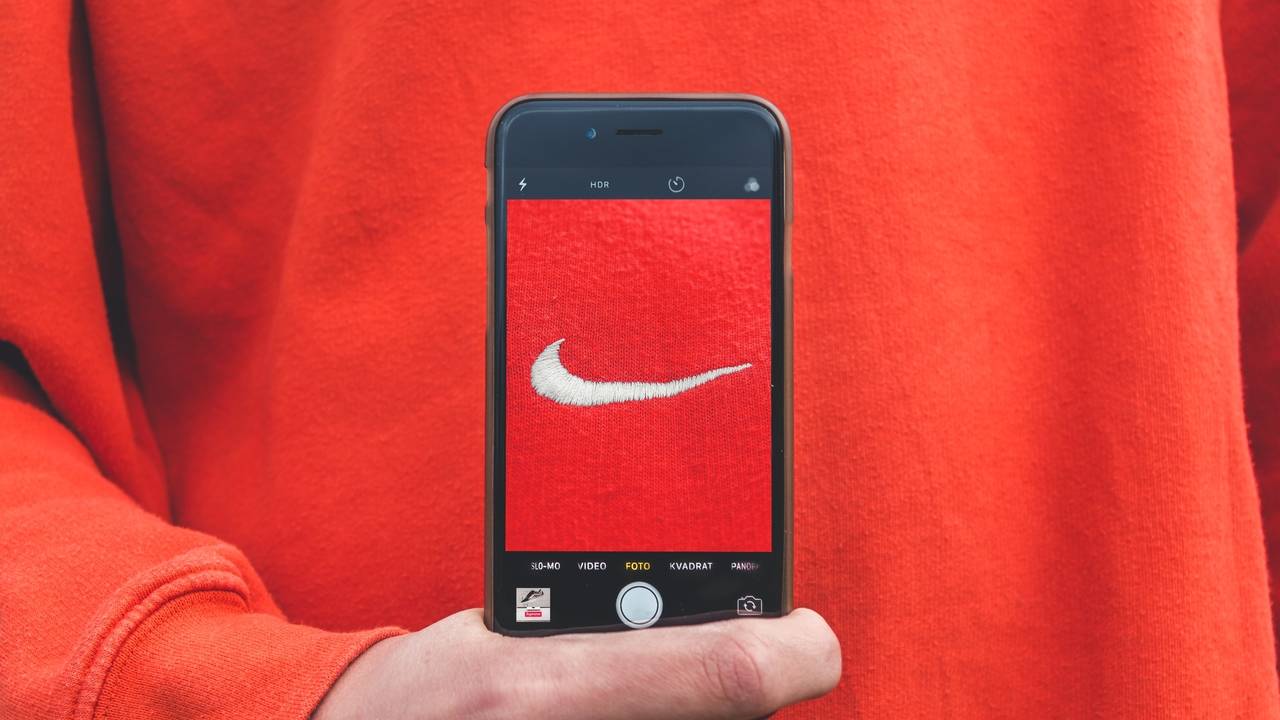First, let’s look at brands in general. Take Nike for instance. What comes to mind? “Just Do it” right? That’s not even a product at all right? Brands don’t have to be specific to a product, or in our case – a person. For Nike, it’s about creating an emotional connection with a potential customer. For you, it’s about creating that connection with someone who can help advance your career goals.
Nike’s marketing chief at the time said… “It’s not about sneakers. It’s about values.” They wanted to create the idea that both professional and amateur athletes could accomplish great feats in their life. Then it continued to evolve to include the average person and expanded to include more than athletic accomplishments. If you wore Nike, you could quit the job you hate, get out of the bad relationship, or insert whatever accomplishment or goal you desire here.
Now, how’s that relate to you? “What is a Personal Brand,” you ask? Everyone has one, whether you created it intentionally or not. It’s not just a website or your social media accounts. It’s how you present yourself both off line and on. It’s about what sets you apart. It’s like the secret sauce. It’s what makes you unique. It’s totally personal to you. It’s how people form an image of you. So, are you actively building a brand or are you letting others do it for you? It makes you visible. Your actions speak louder than words. Think about it like your digital body language.
One person I know describe a personal brand like the clothes hanging in your closet. If you open up the door, you see some hanging there that are comfortable and worn just enough they are soft and made for lounging around. Then there are others you put on when you’re trying to impress or glamming up for a big event. There’s a set you wear to work when you need to make a great impression on the day you are doing a presentation or meeting an important client. No matter what outfit you choose, it sets a tone and tells the world a little about who you are – or at least who you appear to be today.
Now if you pull out the pieces that really speak to you, the ones that fit great, are the perfect color and style – those are the ones that are your real authentic brand. They are the ones that truly show the world you. That’s the point of a personal brand. To create an image that represents you- what you value, what you offer and what you’ve accomplished.
So which you is the world looking at now?
In today’s world, if you aren’t actively cultivating your brand. Someone else is doing it for you. You contribute to that brand, either purposefully or unintentionally.
You are delivering perceptions to others every time you: speak, walk into a room, choose a seat in class or seminar, setup your social profiles online, post a new photo to Instagram, share a video on Facebook, post a new status update on LinkedIn, publish a new YouTube video, share an inspirational quote on social media, share the link to donate to your favorite charity, send a tweet, record and post a short video story to Instagram, Facebook, YouTube or LinkedIn, and share that political post or comment on one.
Your personal brand is made up of perceptions of which we can’t control. However, putting thought into your personal brand provides you the opportunity to influence those perceptions. The way you speak, act and represent yourself online or offline is building perceptions.
Your personal brand is:
- Rooted in who and what you are.
- What people say about you when you leave a room.
- Words people use to describe you.
- What people think about you after they see you speak on stage.
- How you make people feel after talking to them.
- What people post about you on a review site or social network.
- How you make people feel after watching your video, listening to your podcast or reading your blog post
What employers look for in a brand:
- Over 90% of hiring managers and recruiters say they perform some sort of background check. Most of those begin by simply “Googling” you. The you that shows up online is the first impression they make of you.
- Your personal branding statement is even more valuable today than before. Now that businesses are using online interviewing, you’ve got to be able to convince someone quickly you have what it takes. So practice your pitch.
- 79% of hiring professionals say they have found something online that caused them not to offer a candidate an interview.
- 80% of hiring professionals say a personal website is important when they evaluate a job candidate.
